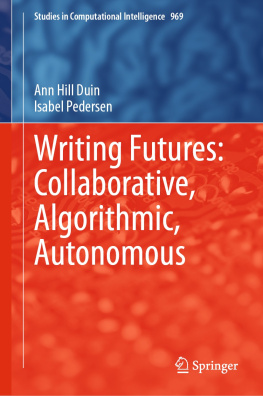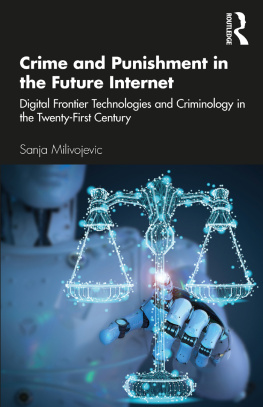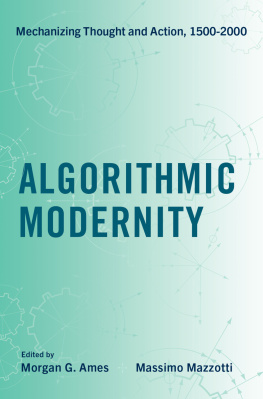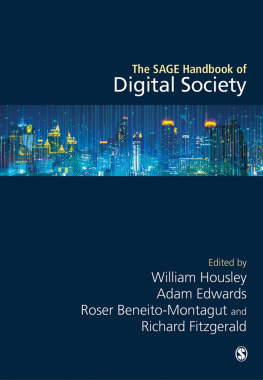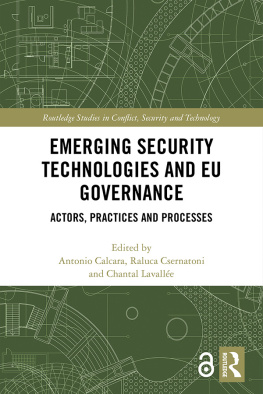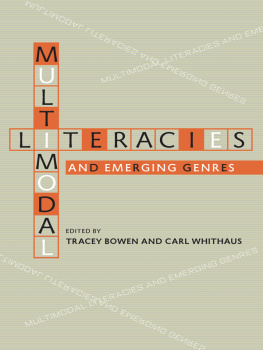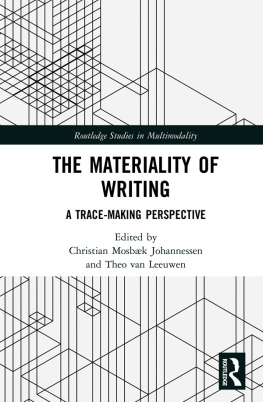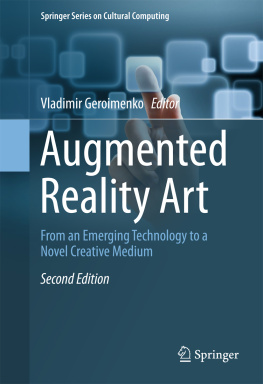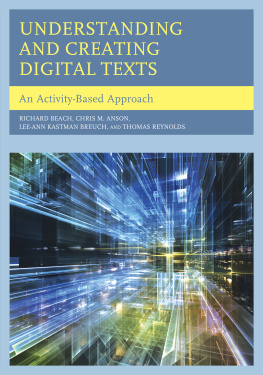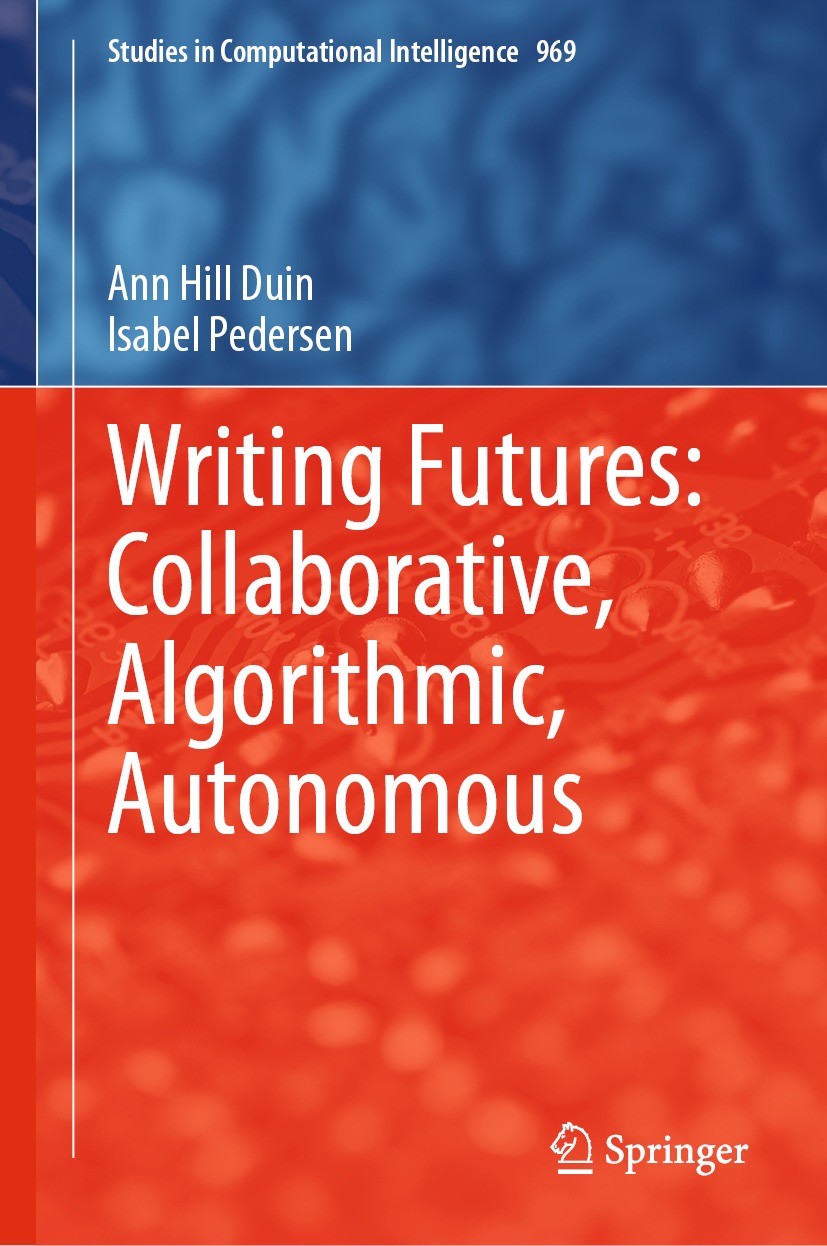Volume 969
Studies in Computational Intelligence
Series Editor
Janusz Kacprzyk
Polish Academy of Sciences, Warsaw, Poland
The series Studies in Computational Intelligence (SCI) publishes new developments and advances in the various areas of computational intelligencequickly and with a high quality. The intent is to cover the theory, applications, and design methods of computational intelligence, as embedded in the fields of engineering, computer science, physics and life sciences, as well as the methodologies behind them. The series contains monographs, lecture notes and edited volumes in computational intelligence spanning the areas of neural networks, connectionist systems, genetic algorithms, evolutionary computation, artificial intelligence, cellular automata, self-organizing systems, soft computing, fuzzy systems, and hybrid intelligent systems. Of particular value to both the contributors and the readership are the short publication timeframe and the world-wide distribution, which enable both wide and rapid dissemination of research output.
Indexed by SCOPUS, DBLP, WTI Frankfurt eG, zbMATH, SCImago.
All books published in the series are submitted for consideration in Web of Science.
More information about this series at http://www.springer.com/series/7092
Ann Hill Duin and Isabel Pedersen
Writing Futures: Collaborative, Algorithmic, Autonomous
1st ed. 2021

Logo of the publisher
Ann Hill Duin
Department of Writing Studies, University of Minnesota, Minneapolis, MN, USA
Isabel Pedersen
Faculty of Social Science and Humanities, Ontario Tech University, Oshawa, ON, Canada
ISSN 1860-949X e-ISSN 1860-9503
Studies in Computational Intelligence
ISBN 978-3-030-70927-3 e-ISBN 978-3-030-70928-0
https://doi.org/10.1007/978-3-030-70928-0
The Editor(s) (if applicable) and The Author(s), under exclusive license to Springer Nature Switzerland AG 2021
This work is subject to copyright. All rights are solely and exclusively licensed by the Publisher, whether the whole or part of the material is concerned, specifically the rights of translation, reprinting, reuse of illustrations, recitation, broadcasting, reproduction on microfilms or in any other physical way, and transmission or information storage and retrieval, electronic adaptation, computer software, or by similar or dissimilar methodology now known or hereafter developed.
The use of general descriptive names, registered names, trademarks, service marks, etc. in this publication does not imply, even in the absence of a specific statement, that such names are exempt from the relevant protective laws and regulations and therefore free for general use.
The publisher, the authors and the editors are safe to assume that the advice and information in this book are believed to be true and accurate at the date of publication. Neither the publisher nor the authors or the editors give a warranty, expressed or implied, with respect to the material contained herein or for any errors or omissions that may have been made. The publisher remains neutral with regard to jurisdictional claims in published maps and institutional affiliations.
This Springer imprint is published by the registered company Springer Nature Switzerland AG
The registered company address is: Gewerbestrasse 11, 6330 Cham, Switzerland
Acknowledgments
The development of Writing Futures was never a solitary experience. We were lucky enough to be surrounded (virtually and physically) by colleagues, students, family, and friends who constantly inspired us over the seasons it took to create it.
We are grateful for the work of Sharon Caldwell, whose expertise, creativity, and steadfast attention to detail helped us build our archived collection and integrate it with book chapters in truly skillful ways. We owe our gracious thanks to Molly M. Kessler, Lee-Ann Kastman Breuch, and Laura Gurak, who each selflessly helped in very important ways. We thank James Harbeck, with his insightful and fastidious copyedit. Our Springer editors and production team, Thomas Ditzinger, Gowrishankar Ayyasamy, and Sylvia Schneider, were immensely helpful while we wrote and prepared the manuscript. We thank our blind reviewers for their time, energy, and direction on the book. Developer Seth Kaufman from Whirl-i-Gig Inc. made some cliffhanger deadlines for much-needed changes to the Fabric database in light of the books design.
We are honored for the collaboration of the Intertext authors, Heidi A. McKee and James E. Porter, Jennifer Keating and Illah Nourbakhsh, and Scott Sundvall, who probed and provoked the books themes in myriad novel ways. It is stronger with their voices.
We extend our thanks to our academic collaborators and friends, whose wisdom, camaraderie, and scholarship exhilarated us, including Jason Tham, Daniel Hocutt, Andrew Iliadis, Tom Everrett, Peter Turk, Tanner Mirrlees, Jayden Cooper, and Jack Adam Narine. We acknowledge the important role of our students: Ann Hill Duins graduate class at the University of Minnesota, scholars Mikayla Davis, Sean Golden, Brian Le Lay, Shane Rose, and Rira Zamani, willing to share opinions, raise debates, and question the future landscape of writing studies through their distinct scholarly lenses. The students of Isabel Pedersens computer science graduate course at Ontario Tech University, Global AI Ethics brought their own insights to bear on many debated topics surrounding the emergence of AI during the writing of the book. Another group that influenced our thinking and writing was the Building Digital Literacy team, including graduate students Katlynne Davis, Saveena (Chakrika) Veeramoothoo, and Danielle Stambler; scholars and professors Jason Tham, Daniel Hocutt, Jessica Campbell, Stephen Fonash, Laura Gonzales, John Misak, and Nupoor Ranade, who integrated Fabric of Digital Life in coursework over three phases of an eighteen-month study. These engaging scholars from diverse backgrounds (composition, rhetoric, technical communication, education) met regularly, shared instructional materials, and wrote research papers together. We are glad to have collaborated in this ongoing dialog over the concept of digital literacy.
We thank all the futurists who inspire us daily, and we both marvel and shudder at the speed with which their predictions become reality in collaborative, algorithmic, and autonomous writing futures.
We thank our families for allowing us the time and space to muse over writing futures and to aspire to create a framework for preparing for writing futures in advance of major technological transformations. We thank each other for a truly remarkable collaborative experience.
Last, we acknowledge that this research was undertaken, in part, thanks to funding from the Canada Research Chairs program and from the US Council for Programs in Technical and Scientific Communication.
Contents
List of Figures
Fig. A.1 Venn diagram of the Writing Futures framework
List of Tables
Table A.1 Components of the Writing Futures Framework
About the Authors

